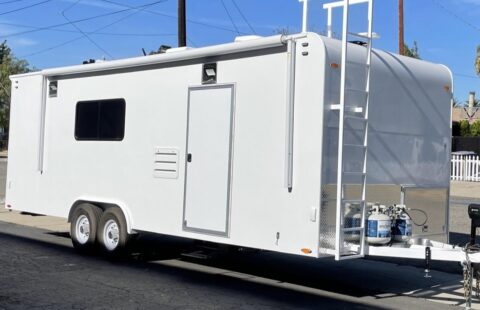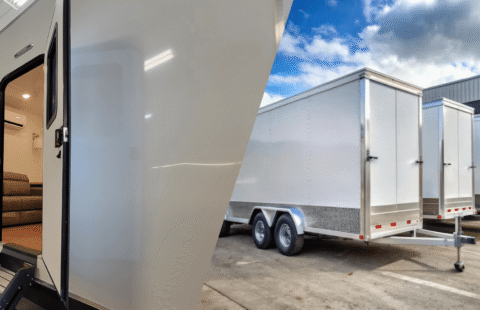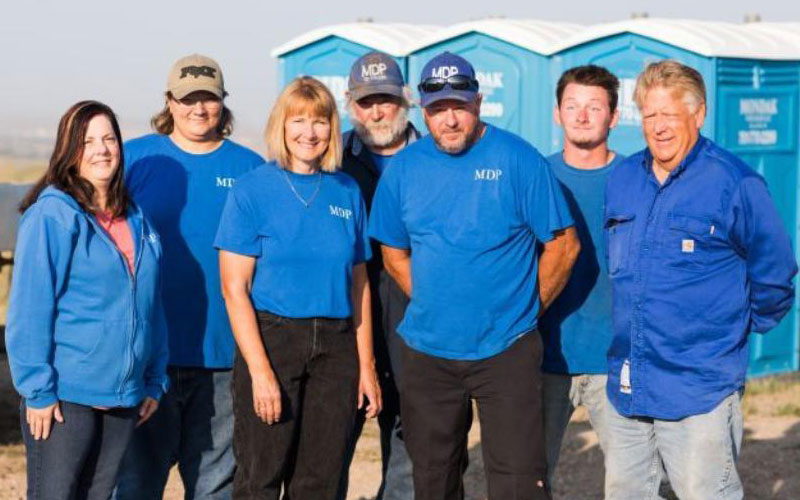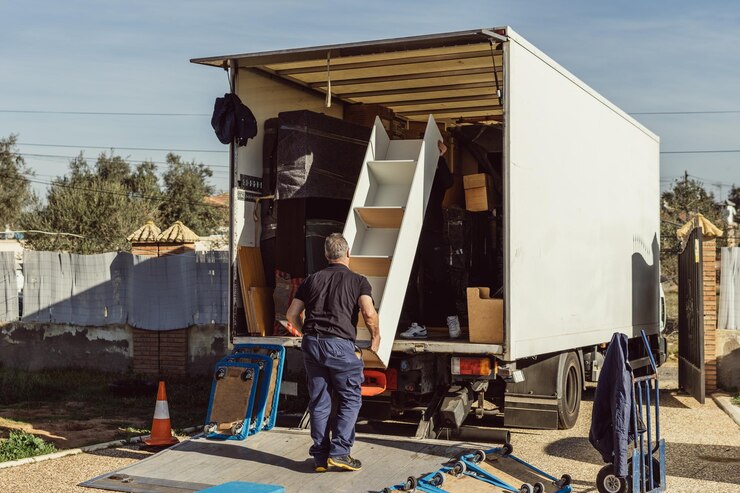
How Many Companies Built Custom Trailers?
When one gets to know about the size of the custom trailer manufacturing industry in the United States, a strong and varied market with an unlimited number of specialized uses is exposed. The industry includes hundreds of companies that develop customized transportation solutions, ranging from small regional fabricators and going up to large manufacturers.
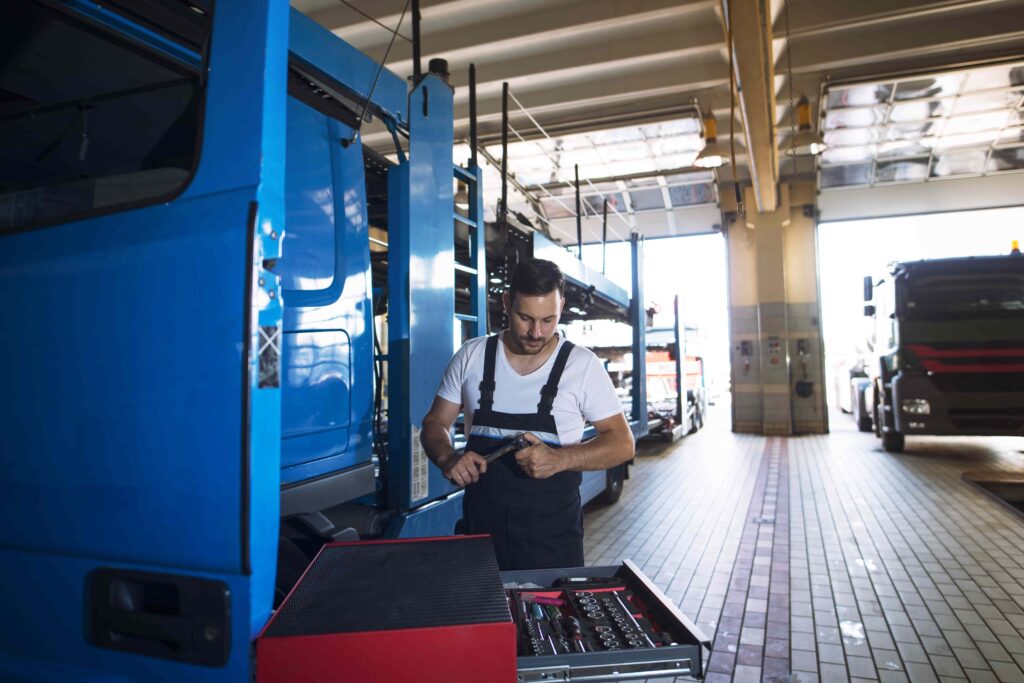
Classes of Custom Trailer Producers
The custom trailer builders are running in various categories and each of them is targeting a specific group of customers in the market. The manufacturers in an enterprise with large volume production usually have custom divisions in addition to their standard production lines.
The midsized companies are often industry or trailer niche specialists who have learned to develop specific applications such as utility trailers, haulers of goods equipment or specialized commercial trailers.
Another important part of the custom trailer industry is regional and local fabricators. Local businesses, farmers, contractors, and specialist service providers in cities and towns all over the country have custom solutions manufactured in small fabrication shops.
The Distribution of Industry and Regional Concentrations
Custom trailer manufacturing focuses on areas with a well-developed industrial structure and heavy demand for transportation machinery.
Such states as Texas, Indiana, Ohio, and Pennsylvania are among the states which have a variety of manufacturers and the reason is that these states are near major transportation highways, have nearby sources of skilled labor, and are geographically located in a strategic position.
Midwestern agricultural area is home to numerous manufacturers of custom trailers builders of farm equipment, grain transport and livestock trailers.
Oil and gasfields are the major forces behind the move to have specialized trailers that will be used in transportation of equipment and mobile service. Continuous construction and infrastructure development in the country ensures that there is always a steady demand of custom utility and equipment trailers.
Specialized Market Segments
Military and government contracts represent a significant portion of custom trailer manufacturing. Federal agencies require specialized trailers for equipment transport, mobile command centers, and emergency response applications.
Defense contractors and government suppliers maintain dedicated capabilities for building trailers to exact military specifications. Emergency services and first responders rely heavily on custom trailer solutions.
Fire departments, hazmat teams, search and rescue organizations, and emergency management agencies require trailers designed for specific equipment and operational requirements that standard trailers cannot accommodate.
Commercial and industrial applications drive substantial custom trailer demand. Construction companies need trailers designed for specific equipment types, while utility companies require specialized units for line work and maintenance operations. The entertainment industry utilizes custom trailers for mobile production facilities and equipment transport.
Economic Impact and Employment
The custom trailer manufacturing industry provides employment for thousands of skilled workers across the United States. Welders, fabricators, engineers, designers, and support staff contribute to local economies while developing specialized skills that transfer across industries.
Custom trailer manufacturers often source materials and components from regional suppliers, creating multiplier effects throughout their communities. Service and support operations generate additional economic activity as trailers require maintenance and modifications throughout their service lives.
Future Outlook
The custom trailer manufacturing industry continues to evolve with changing market demands and technological advances. Electric and hybrid vehicle adoption may drive new requirements for charging infrastructure and specialized transport trailers. Automation and advanced materials will likely influence both manufacturing processes and trailer designs.

